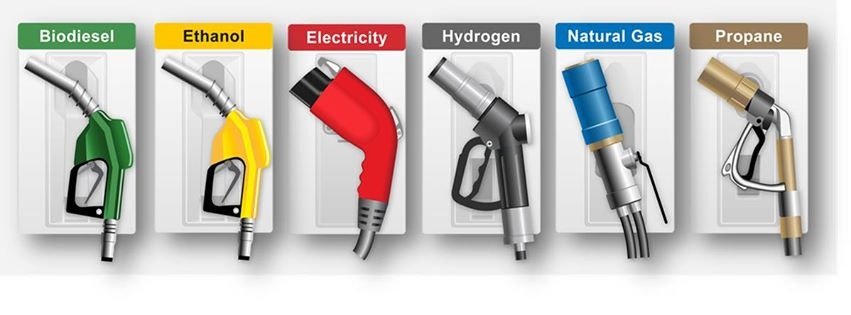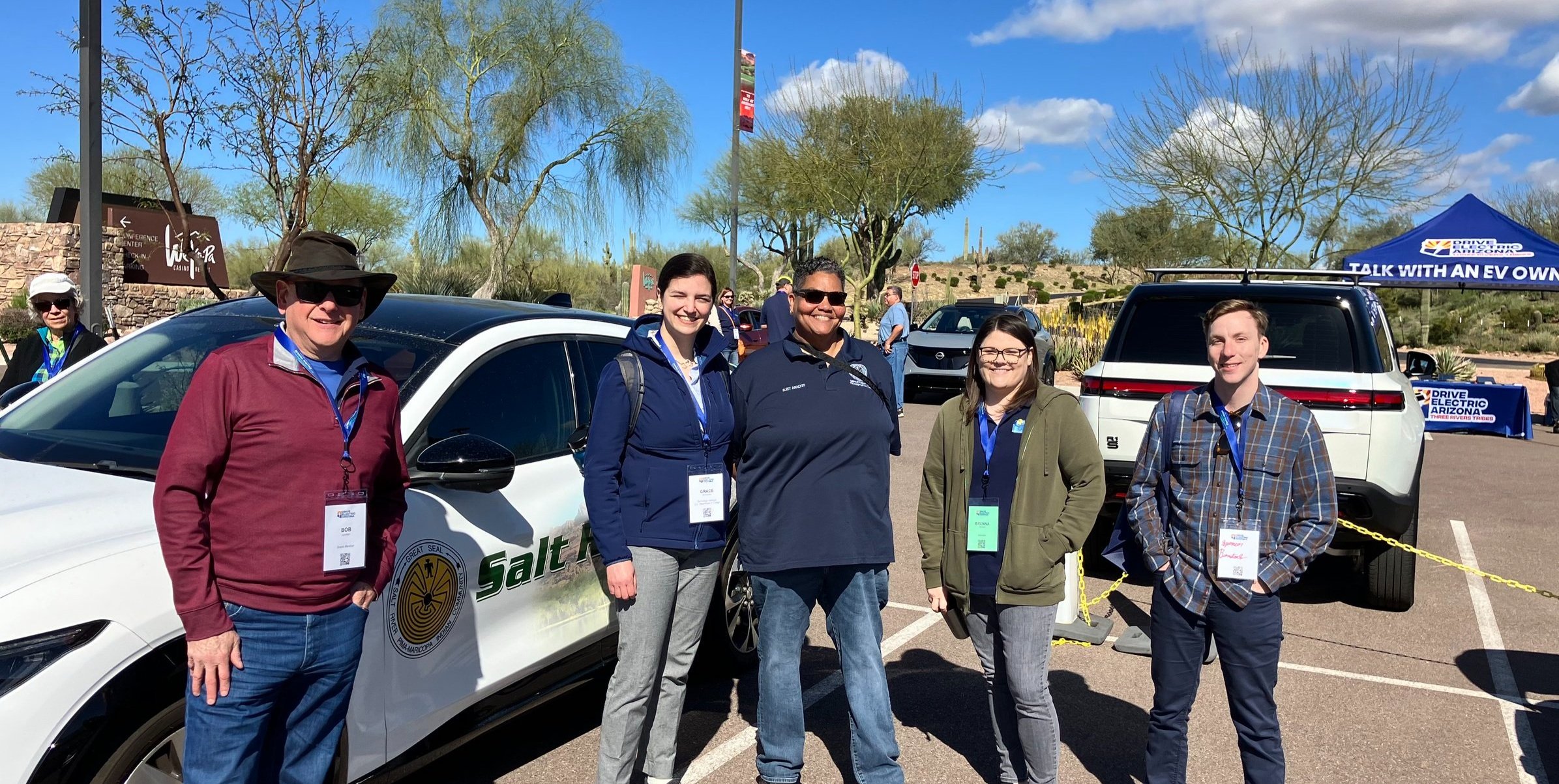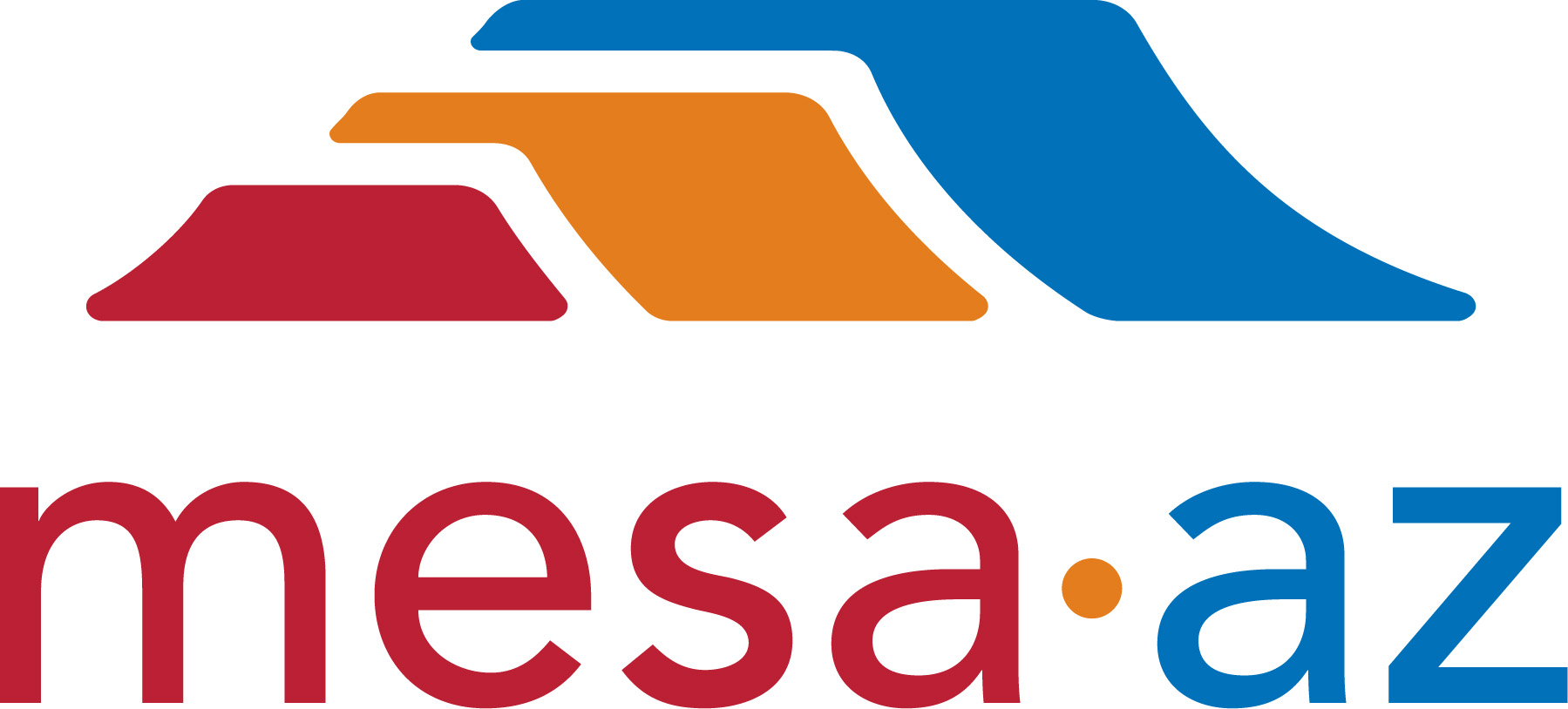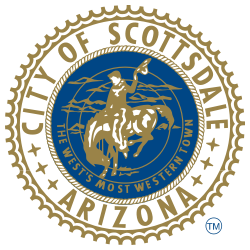In This Issue
Propane as an Alternative Fuel
Funding Opportunities
Upcoming Webinars
Member Spotlight: City of Mesa
Propane as an Alternative Fuel
Propane autogas is a domestically available, high energy, low cost, cleaner burning alternative fuel that can be used to power many types of vehicles. It is the world's third most common transportation fuel, behind gasoline and diesel and is produced as a byproduct of natural gas processing and crude oil refining. Propane has many benefits including a high octane rating, lower fuel, infrastructure and maintenance costs, and reduced emissions. It is also environmentally friendly in that it presents no threat to soil, surface water, or groundwater if spilled or released. It also provides comparable driving range to conventionally fueled vehicles.
When used as a vehicle fuel, propane can offer life cycle greenhouse gas (GHG) emissions benefits over conventional fuels. Argonne National Laboratory's Greenhouse Gases, Regulated Emissions, and Energy Use in Transportation (GREET) model estimates that propane use can reduce GHG emissions by nearly 13%, and when derived as a byproduct of natural gas production, it can reduce petroleum use by 99%.
Renewable propane is also an option for fueling vehicles. This propane is made from non-petroleum feedstocks such as natural fats, vegetable oils, and various types of grease. It is chemically identical to conventional propane and can be used as a drop-in replacement fuel in all propane applications. This renewable propane can have a carbon intensity four times lower than that of conventional propane.
Propane is a just one of many alternative fuels that can be used in the transportation sector to help lower harmful emissions and improve air quality in our communities. Many fleets turn to propane powered vehicles because the fuel and associated infrastructure costs are lower than some other alternative fuel options. This cost effectiveness, as well as the environmental, and health benefits of using propane make it a popular option for school bus fleets and other medium to large vehicles.
To learn more about propane check out the Propane Education and Research Council website.
Also, see the link below for a case study from NREL and Drive Clean Colorado (a fellow Clean Cities Coalition), on using propane trucks for mail delivery services. The results of the project and study found that propane vehicles were a cost effective, cleaner burning option that could be replicated by other commercial fleets. Delivering Clean Air in Denver: Propane Trucks and Infrastructure in Mail Delivery Application
Funding Opportunities
CLEAN ENERGY TECHNOLOGY DEPLOYMENT ON TRIBAL LANDS
Applications Due: May 30, 2024
DOE has announced that the funding available under the Clean Energy Technology Deployment on Tribal Lands has doubled, increasing from $25 million to $50 million.
Eligibility: The DOE Office of Indian Energy is soliciting applications from Indian Tribes, which include Alaska Native Regional Corporations and Village Corporations, Intertribal Organizations, and Tribal Energy Development Organizations, to install clean energy technology on Tribal lands. Nonprofits are encouraged to share this information with Indian Tribes in their network.
View more Tribal Funding Opportunities HERE
Diesel Emissions Reduction Act (DERA) 2024 Tribal Funding Opportunity
Applications Due: December 6, 2024
The Environmental Protection Agency (EPA)'s 2024 DERA Tribal and Territory NOFO is now open. The NOFO announces the availability of grant funding available to Tribal governments and eligible territories to implement projects aimed at reducing diesel emissions from older diesel engines. Eligible activities include the retrofit or replacement of existing diesel engines, vehicles, and equipment with the EPA and California Air Resources Board (CARB) certified engine configurations and verified retrofit and idle reduction technologies.
Applications will be accepted from federally recognized Tribal governments (or intertribal consortia), Alaska Native Villages, or government agencies of the U.S. Virgin Islands, Guam, American Samoa, and Commonwealth of the Northern Mariana Islands, which have jurisdiction over transportation or air quality. The EPA anticipates awarding a total of approximately $9 million under this NOFO: $8 million for Tribes and $1 million for territories.
Learn more at : DERA Tribal and Territory grants website (www.epa.gov/dera/tribal-and-territory)
SCEP’s Communities Sparking Investment in Transformative Energy (C-SITE) Funding Opportunity
Applications Due: May 31, 2024
The Communities Sparking Investment in Transformative Energy (C-SITE) Funding Opportunity Announcement provides approximately $18 million in financial awards and technical assistance to advance community identified energy priorities. Funded projects may span a variety of technology areas including, but not limited to: building efficiency and/or electrification, electric transportation, energy infrastructure upgrades, microgrid development and deployment, renewable energy, resilience hubs, and workforce development. C-SITE awards will deliver long-term local economic development and community revitalization opportunities and direct benefits to workers and residents, such as workforce agreements, reduced energy costs, and improved air quality. Awarded communities will receive comprehensive technical assistance (TA) from experts to help facilitate the development and implementation of projects or programs. For more information on the application process, visit the Local Government Energy Program website
EPA’s Clean Heavy-Duty Vehicles Grant Program
Applications Due: July 25, 2024
The EPA anticipates awarding up to $932 million in competitive grant funding to fund the replacement of existing non-zero-emission Class 6 and 7 heavy-duty vehicles with zero-emission Class 6 and 7 heavy-duty vehicles. To support zero-emission vehicle adoption and deployment, funding may also be used for:
zero-emission vehicle refueling infrastructure
workforce development and training
project implementation costs
Waste Analysis and Strategies for Transportation End-Uses Funding Opportunity (WASTE)
Concept Papers Due: June 19, 2024. Final Applications Due: August 14, 2024
The U.S. Department of Energy (DOE) Bioenergy Technologies Office (BETO) and Vehicle Technologies Office (VTO) announced up to $17.5 million in federal funding to develop cost-effective strategies for communities to sustainably manage and recover potential clean energy sources from their waste streams. The WASTE: Waste Analysis and Strategies for Transportation End-Uses funding opportunity announcement (FOA) will support municipalities and transit authorities with waste-to-energy solutions for converting organic waste into feedstocks for various clean transportation fuel products that can benefit local energy economies. Recognizing that communities may be at different stages in their sustainable waste management planning efforts, this FOA seeks a phased approach to address the above challenges through two Topic Areas:
Topic Area 1: Feasibility Study Development Analyses
Topic Area 1 is aimed at helping move communities beyond a conceptualization phase by supporting more in-depth feasibility or scoping analysis. This topic aims to explore the potential for local beneficial utilization of waste, quantify the transportation energy savings compared to current practices/fuel usage, identify and quantify local environmental and social sustainability challenges and opportunities.Topic Area 2: Design Work and Experimental Validation (Phase 1 and 2)
Topic Area 2 is targeted towards communities that have previously completed feasibility analysis and are seeking funding to further refine their project concept. Phase 1 includes 12-24 months of design work, siting, fuel testing, experimental validation and testing. $1million-$2million in funding. Phase 2 includes 42-48 months of final design, construction and operation and up to $10 million in funding.
Renew America’s Schools Prize
Applications Due: June 13, 2024
DOE is now accepting submissions for the 2024 Renew America’s Schools Prize, a $180 million investment in K-12 public schools across the country. This three-phase opportunity will help districts build capacity, perform energy audits, and plan/implement energy improvement projects across a portfolio of school facilities.
The 2024 Renew America’s Schools Prize consists of three phases. During Phase 1, competitors will build teams and curate lists of at least 10 schools and school facilities that demonstrate compelling need and eligibility for investment. Phase 1 winners will earn a cash prize of $300,000 and move on to Phases 2 and 3, during which they will enter into and execute Cooperative Agreements with DOE.
Clean Energy to Communities (C2C) In-Depth Partnerships
Proposals Due: June 14, 2024
Communities can submit proposals for up to $500,000 in funding and $3,500,000 in technical assistance from the National Renewable Energy Laboratory (NREL) for over three years to develop secure, reliable, resilient, equitable, and affordable clean energy systems.
Eligibility: All applying teams must include at least one community-based organization, in addition to a local government and an electric utility.
Learn More HERE
Upcoming Webinars
EPA and Joint Office Technical Assistance Webinar Series
The Joint Office is partnering with the EPA Clean School Bus Program to host a technical assistance webinar series on topics relevant to the clean school bus community.
Topics include:
June 26 at 1 p.m. EDT – Differences Between ESBs and ICE Buses, ESB Maintenance, and Bus RFP Best Practices
July 24 at 1 p.m. EDT – Battery Overview, Recycling/End-of-Life Options, and Warranties
Aug. 28 at 1 p.m. EDT – Building a Case for ESBs in your Fleet including Benefits, Total Cost of Ownership (TCO), and Emissions Calculators
Sept. 25 at 1 p.m. EDT – Electrification Process including a Step-by-Step Guide for New Adopters.
With a population of over 500,000 people, the city of Mesa is one of the largest cities in the state of Arizona. Mesa is improving air quality by utilizing clean alternative fuels in its fleets. Its solid waste trucks run on natural gas and Mesa Public School District has over 255 propane school busses in its fleet. Adopting alternative fuels is just one of the many techniques being used by the city to ensure a sustainable future for Mesa. Visit the city of Mesa’s website to learn more about this great city!
VSCCC strives to provide alternative fuel information to all people within our region. In order to increase our outreach abilities we are working with local agencies to share our newsletter and clean fuel resources with an even greater audience. We are proud to partner with the Inter-Tribal Council of Arizona's Air Quality Department, ASU's Sustainable Cities Network and Maricopa County Air Quality Department.
OUR NEWSLETTER IS ALSO AVAILABLE IN SPANISH
Translations done by Diego Montemayor- Diego@cleanairaz.org











































